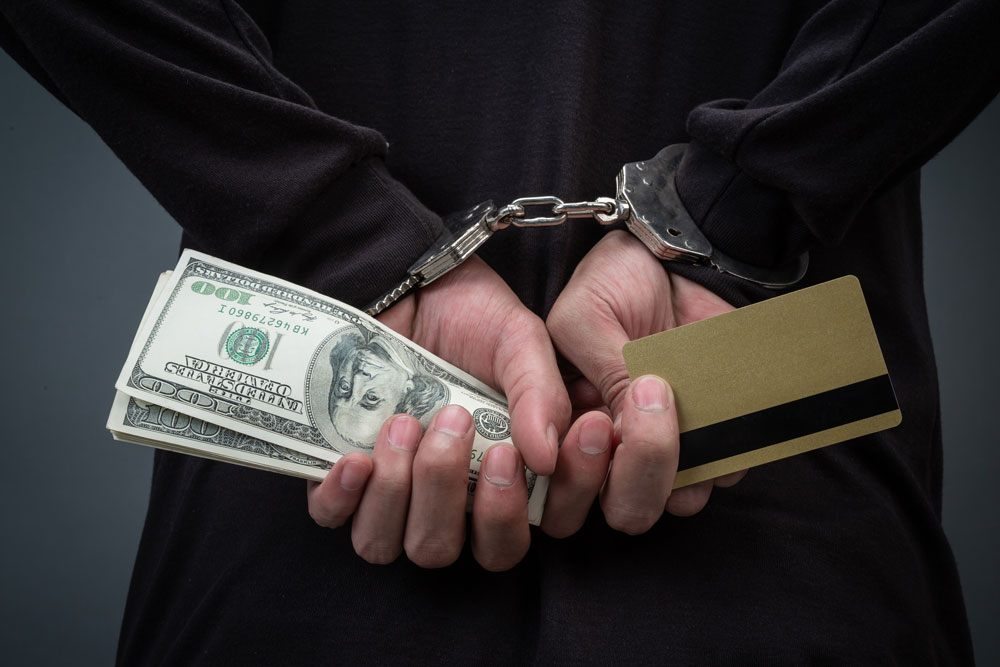
The appellate panel concluded with the following: As best as we can tell from the limited record here, the only “transaction” committed by Marias was his sale of a portion of the stolen goods. Had he been charged under subsection (a) with illegally possessing the remainder of the stolen goods in his grandmother’s garage, the “amount involved” arguably may have been greater. Again, we need not resolve that question in the abstract here.
Hence, on the money laundering count, Marias is culpable under subsection (b) of N.J.S.A. 2C:21-25 for what he transacted, not for what he otherwise possessed or transported. By comparison, the separate count in the indictment for theft under N.J.S.A. 2C:20-3 more broadly covers all of the goods, including the goods Marias stole but did not sell.
That said, subject to the ultimate proofs at trial, there are reasonable grounds here for a jury to decide that the fair market value of the goods that Marias was able to sell exceeded the $500,000 first-degree threshold. The present record indicates the owner of the warehouse stated that the total replacement cost of the entire stolen inventory was $1.946 million. Investigators noted that the replacement cost of the items remaining in the garage was approximately $1.4 million. The victim has apparently stated that Marias sold the goods for “pennies on the dollar” because the fair value of the items far exceeded what Marias charged for them.
Thus, although the amount Marias realized on the sale was only roughly $63,000, it is reasonably conceivable that the State will persuade the jury that the replacement cost of the items Marias sold was as much as $546,000 (i.e., $1.946 million minus $1.4 million). Moreover, a jury reasonably could find that the fair market value of the goods sold exceeded their replacement cost.
Also, the motion judge’s premise that the $63,000 sale price was the fair-market equivalent of “wholesale” cost might rationally be rejected by the jury. For example, the jury might conclude the $63,000 price was an exceptionally discounted bargain below wholesale cost. There appears to be some indication that the defendant portrayed the goods to the buyer as such by allegedly suggesting he was liquidating his grandfather’s business.
Although we appreciate the judge’s creativity, the assumptions underlying his formula might not be adopted by the jurors. As N.J.S.A. 2C:21-27 instructs, the “amount involved shall be determined by the trier of fact.” The judge was correct, however, in rejecting defense counsel’s own claim that the “amount involved” must be equal to or capped at the $63,000 sale price. The jury is entitled to arrive at a higher (or, for that matter, lower) figure, so long as it has reasonable support in the trial evidence.
For these reasons, we affirm the trial court in its denial of defendant’s motion but modify its ruling to reinstate the first-degree charge. Modified and remanded. We do not retain jurisdiction.
It appears that the defendant’s alleged greed and lack of consideration of the money laundering statute will prove to be costly. The inclusion of the additional $46,000 into his alleged scheme, while less than ten percent of the dollar value at issue, will subject him to more than double the potential incarceration and monetary penalties. That last $46,000 was what supported a first-degree charge instead of a second degree.
